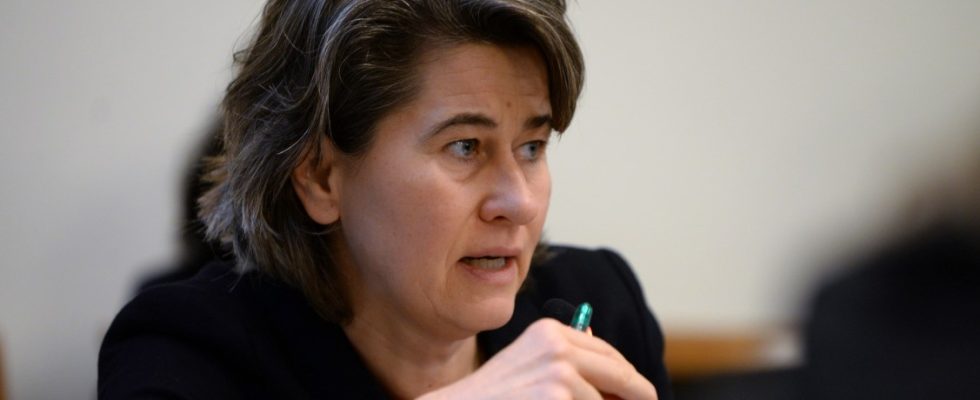Climate protection is making progress in Munich – but slowly. This can be read from answers from the city’s Department for Climate and Environmental Protection (RKU) to questions from the CSU parliamentary group. She wanted to know how the climate protection statute would be implemented, for example when making decisions about major investments in the city. For these, the climate impact costs should be calculated in advance, according to the statutes passed by the city council in 2021. Two and a half years later, this has not yet happened.
According to the RKU, this is because the relevant position has not yet been filled. The city council approved this position at the beginning of 2022. It took a year and a half for the recruitment process to start, and then the process ended without results in mid-2023 “due to a lack of suitable applications”. The advertisement must be repeated and the position should then be filled in the first quarter of 2024. The RKU adds a “vsl.” added: expected.
The information on the CSU question about the “occupancy rate” shows how precarious the personnel situation is in the department that is central to climate protection. There are 375 positions at the RKU. At the end of August, a third of it was unoccupied: “The explosiveness” was “well known” to the city’s human resources department. A good quarter of all positions are currently unfilled, i.e. around 100, according to the RKU when asked by SZ. The gaps are greatest in the “Climate Protection and Energy” division: a good 37 percent of the positions there are still vacant. After all, according to the RKU spokeswoman, “many” recruitment processes have already been completed and the employees should start soon.
A climate protection instrument that was also approved by the city council in 2021 is still under construction: the climate assessment. City council proposals should be examined in advance for their impact on the climate. According to the RKU, 64 submissions from the administration have now been examined. Half were “not climate-relevant”, 24 were “positive” and eight were “negatively climate-relevant”. In no case did the RKU refuse to give its consent to the submission and resolution. The climate test is carried out by the respective specialist department: it chooses which of its own templates it questions. “In some departments,” this process is “already well integrated,” according to information from the RKU to the CSU. It praises the economics and IT departments because they checked significantly more than ten templates. Three other houses had six or more tests.
According to the RKU, a decision is “negatively relevant to the climate” if it increases CO₂ emissions, for example due to increasing energy consumption. This cannot always be avoided if the city council absolutely wants a project. “The RKU is not interested in preventing resolutions.” Rather, the aim is to “raise awareness” of climate protection, both in the administration and in the city council, and want to achieve “more transparency”.
CSU city councilor Sebastian Schall sees his skepticism regarding climate protection statutes confirmed: it is a “toothless tiger” that unnecessarily ties up resources. He criticizes the green-red city government: “Big decisions are made, but in the end it comes to nothing.” He calls on the human resources department to prioritize filling positions in the RKU.

